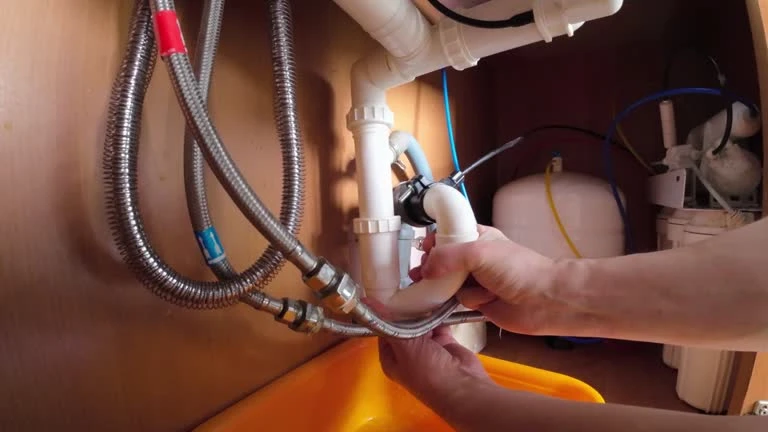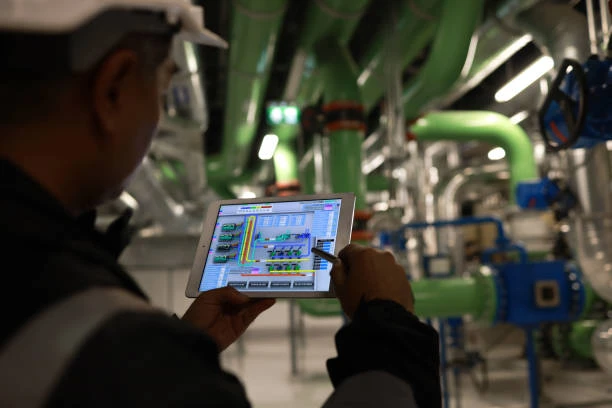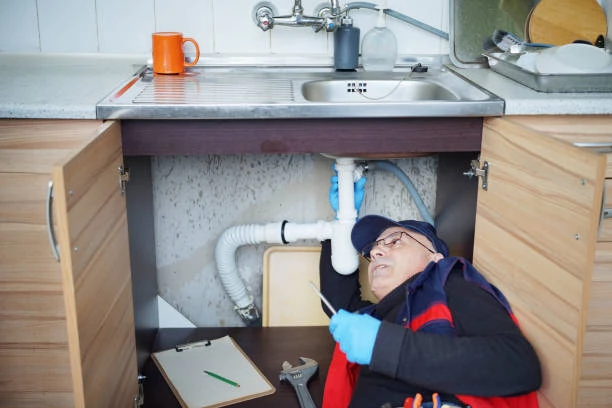Introduction to Ball Valves in the Food Industry
Ball valves play a crucial role in the food industry, where safety and hygiene are paramount. These valves regulate the flow of liquids, gases, and other materials through pipelines, ensuring smooth and efficient operations. Ball valves are particularly valued for their simplicity, reliability, and quick shut-off capabilities. In food processing plants, ball valves ensure that liquids, such as milk, juices, or sauces, flow smoothly without contamination. A common size used in food production is the 4-inch ball valve, which strikes a balance between size and functionality. The right valve ensures the food product remains uncontaminated and meets safety standards.
The Importance of Food-Safe Materials
When selecting ball valves for the food industry, choosing materials that are food-safe is crucial. Stainless steel is the most common material used due to its excellent corrosion resistance and non-reactivity with food products. It is also easy to clean, an essential feature in food processing where hygiene is a top priority. The 4-inch ball valve is typically made from stainless steel in food applications, as it can withstand the high pressures and temperatures encountered during food production. Other materials, like plastic and brass, may also be used, but stainless steel remains the best choice for ensuring safety and hygiene in food production environments.
Cleanability and Maintenance of Ball Valves
Cleanability is an essential consideration when choosing a ball valve for the food industry. Ball valves, including the 4-inch ball valve, are easy to clean because of their simple design. The smooth surfaces of ball valves reduce the accumulation of food particles, bacteria, and other contaminants. Regular cleaning is vital to avoid cross-contamination between batches, especially in environments that handle multiple products. CIP (Clean-in-Place) systems are commonly used in conjunction with ball valves in the food industry. These systems enable automatic cleaning without dismantling the valve, improving efficiency and minimizing downtime.
Hygiene Standards and Food Safety Regulations
The food industry is heavily regulated, with strict hygiene standards to ensure that food products are safe for consumption. Ball valves used in food processing must meet these regulations to avoid contamination risks. The 4-inch ball valve is often used in systems where food-grade materials need to be transported, and it must adhere to safety standards such as those set by the FDA or EHEDG (European Hygienic Engineering & Design Group). Compliance with these standards ensures that the ball valve is made from safe, hygienic materials that will not contaminate food products. This is critical to maintaining food safety and avoiding costly product recalls.
The Role of Ball Valves in Preventing Cross-Contamination
Ball valves, including the 4-inch ball valve, help prevent cross-contamination in food production systems. Cross-contamination can occur when pathogens from one product transfer to another, leading to health risks. The design of ball valves allows for quick and efficient isolation of different production lines, preventing the mixing of ingredients or the spread of contaminants. For example, in a beverage bottling plant, a ball valve can isolate a batch of fruit juice from a batch of soda, ensuring that the two products do not mix. By maintaining separate flow paths, ball valves ensure the safety and integrity of the products being processed.
Pressure and Temperature Control in Food Processing
Food production often requires precise control over pressure and temperature. Ball valves are designed to operate under a range of conditions, making them ideal for the food industry. The 4-inch ball valve is commonly used in high-pressure systems to control the flow of liquids or gases in food processing. For instance, in pasteurization processes, where food products are heated to eliminate harmful bacteria, ball valves help regulate the flow of hot water or steam. The valve’s ability to maintain a tight seal ensures that pressure and temperature levels remain stable, preventing under-processing or over-processing of food products.
Safety Features of Ball Valves in Food Production
Safety is a critical factor in the food industry. Ball valves, including the 4-inch ball valve, are designed with features that enhance safety during food production. These valves provide quick shut-off capabilities, ensuring that any flow issues or emergencies can be addressed swiftly. Additionally, ball valves are designed with high-strength materials that can handle the pressures and temperatures typical in food processing. The robust construction of the 4-inch ball valve ensures that it can withstand the stresses of continuous operation, reducing the risk of valve failure and the potential contamination of food products. Furthermore, they are equipped with seals that prevent leakage, which is crucial for maintaining hygiene in food production systems.
The Future of Ball Valves in Food Industry Safety
The future of ball valve technology in the food industry looks promising. As food production systems become more advanced, ball valves will continue to play a key role in ensuring safety and efficiency. Innovations in materials and valve designs will further improve the hygienic properties of ball valves. For instance, antimicrobial coatings may be developed to further reduce the risk of bacterial growth on valve surfaces. Additionally, smart ball valves that monitor flow and pressure in real time could be introduced, allowing for better control over food safety and quality. The 4-inch ball valve will continue to be a key component in larger systems, offering reliable performance and meeting increasingly stringent food safety regulations.
Conclusion
Ball valves, especially the 4-inch ball valve, are crucial components in the food industry, where safety and hygiene are essential. These valves ensure the smooth flow of liquids, gases, and other materials without contamination. Their cleanability, ability to maintain pressure and temperature control, and compliance with food safety regulations make them an ideal choice for food processing plants. As food safety standards evolve, ball valve technology will continue to improve, ensuring that food products remain safe for consumption and that production systems run efficiently and reliably.
IFAN Products international standards
IFAN products strictly adhere to a comprehensive range of international standards, encompassing ISO 15874, EN 15874, ASTM F2389, DIN 8077/8078, GB/T 18742, NBR 15884, ISO 15494, EN ISO 15494, GB/T 19472, NBR 15494, ASTM 2846 (501), DIN 8079/8080 (502), ASTM F441/F441M SCH80 (503), DIN (504), DIN (505), GB/T 18993, AS/NZS 1477, CSA B137.6, NSF/ANSI 14, TIS 17-2532/1131-2535, BS 3505, BS 4346 (801), ASTM D1785 SCH40 (802), ASTM D1785 SCH80 (803), DIN (804), GB (805), GB (806), GB(901), DWV(902), ASTM D2665 (903), along with ASTM D2241, D2665, D2729, and F441/F441M series, ISO 1452, EN ISO 1452, DIN 8061/8062, GB/T 10002, AS/NZS 1477, JIS K6741, CSA B137.3, and other national and industry norms.
Connect
IFAN is a Chinese manufacturer of plastic pipes, fittings and valves with 30 years of experience. If you are interest in IFAN copper fittings, copper valves, plastic pipes and fittings, please contact us. IFAN offers you a variety of standard pipes to meet your specific needs. Click below to learn more about IFAN’s wide range of affordable and cost-effective valve products and piping system related products.
We will reply your email or fax within 24 hours.
You can call us at any time if there is any question on our production.
For more information,pls visit our webside https://waterpipefitting.com/
Pls Mailto: [email protected]
Whatsapp: +86 15088288323














Recent Comments